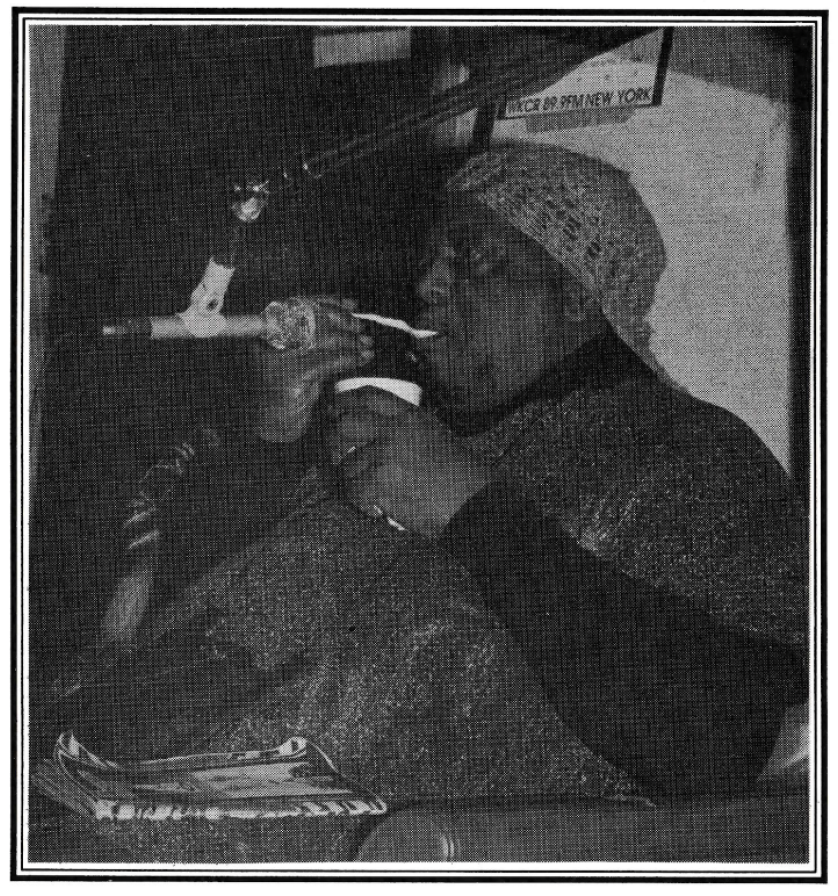Program:
Biaute paree de valour; Lai: Qui n'aroit autre deport; Liement me deport; Complainte: Tels rit; Chant royal: Joie, plaisance; Baladelle: En amer a douce vie; Toute flour; Ballade: Dame, de qui toute; Danse balladée; Chanson balladée: Dame a vous
Rondelet: Dame mon cuer en vous remaint; Rondeau: Rose Liz
Main se leva/La jus desous l'olive/C'est la gieus; Fontis in Rivulum; Volez-vous que je vous chant; Lis dous regars; Chanson legière; Tant con je vivrai; Doucement mi reconforte; Lai de la Pastourelle; Je muir; Bele Doette; Or est baiars en la pasture
Souvent sospire; Douce dame jolie
Un jour l'amant; Gallans qui par terre; Ardant amour à 4; Bon jour mon coeur; La nuict froide et sombre; Que dis-tu
We explore the music of the trouvères, the Northern French (Langue d'Oïl) counterpart to the Southern (Langue d'Oc) troubadours. We start with selections from the Remède de Fortune (circa 1340s), composed by the celebrated poet-composer Guillaume de Machaut (c.1300-1377), member of the Ars Nova school, around the time of the Black Death. Then we explore some pastourelles, a sub-genre of trouvère works dealing with stories of courtly love between rural women (often shepherdesses) and knights. Finally we jumped into some later Renaissance-era chansons and madrigals by the Walloon composer Orlande de Lassus (also known as Orlando di Lasso) (c. 1532-1594), set to poems by Renaissance giants Pierre de Rosard and Joachim du Bellay, who were also members of the literary group La Pléiade.
Department:
